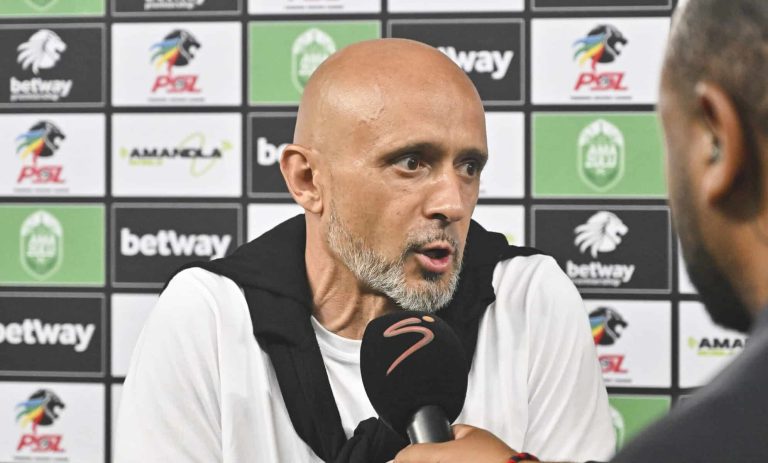
A Nigerian medical doctor and researcher based in the United States, Dr. Nchebe-jah Iloanusi, has published groundbreaking findings that could redefine how the world approaches artificial intelligence (AI) in healthcare.
Dr. Iloanusi, who earned his medical degree from Chukwuemeka Odumegwu Ojukwu University in Anambra State before advancing his career in New York, has uncovered deep-rooted biases in AI-driven healthcare systems, biases that could worsen global health inequalities, particularly in Africa and Nigeria.
Currently an Assistant Professor at several U.S. institutions, including CUNY College of Staten Island, Wagner College, and Farmingdale State College, Dr. Iloanusi presented his research at the prestigious ACM Conference on Digital Government Research. His study reveals that widely used AI algorithms often deliver poorer outcomes for minority populations, raising urgent concerns about fairness and equity in healthcare delivery.
According to his findings:
-
AI systems assign minority patients risk scores up to 46% higher than equally sick majority patients.
-
They perform 14% worse for minority patients in intensive care monitoring.
-
They generate significantly higher diagnostic error rates for underrepresented groups.
Experts warn that these patterns represent not just technical flaws but a potential “global public health crisis.”
“This is not just about numbers; it is about lives,” said Dr. Iloanusi. “When healthcare technology is built on data that excludes African populations, we risk exporting digital colonialism, where our people receive care recommendations from systems that never learned from our realities.”
Dr. Iloanusi’s journey, from Anambra State to the global research stage — highlights the excellence of Nigerian academia and its growing influence on international innovation. He credits his medical training in Nigeria for shaping his perspective on healthcare inequities, insights he now applies to global challenges at the intersection of technology and medicine.
Professor Chukwudi Okani, who supervised Dr. Iloanusi’s training in Anambra, praised the research as transformative:
“Raymond’s work represents a vital intersection between Nigerian medical education and global innovation. By exposing how AI discriminates against minority patients and proposing clear solutions, he has positioned himself as a leading voice for equity in global healthcare.”
The study also highlights a troubling statistic: over 90% of medical datasets used to train AI systems exclude non-white populations. As a result, African patients are virtually invisible in the data shaping AI-powered healthcare worldwide, a gap that, if left unaddressed, risks widening existing disparities.



